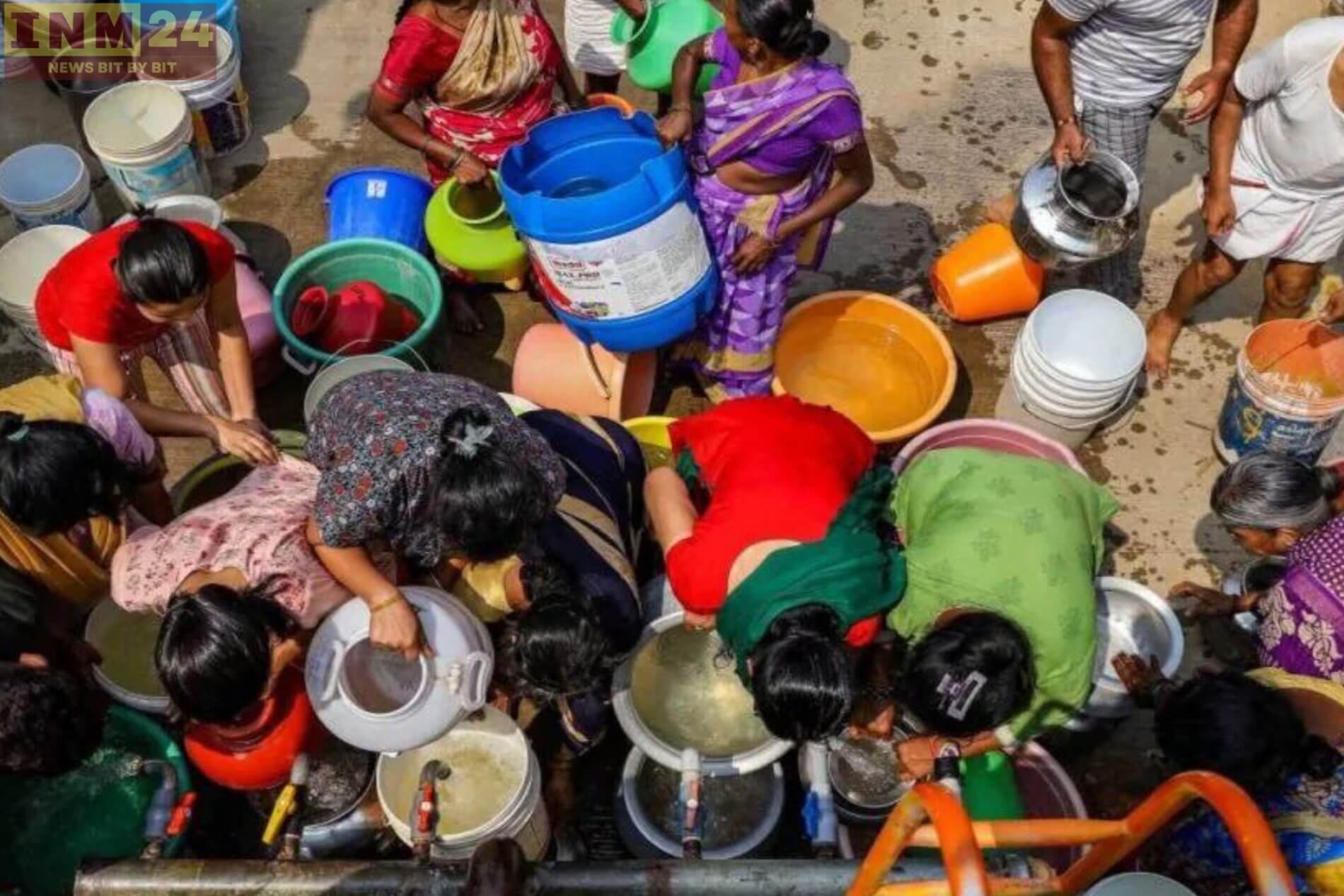Bengaluru, often hailed as India’s Silicon Valley, finds itself grappling with a pressing issue that threatens the very fabric of daily life: a severe water crisis. The city, known for its bustling IT industry and vibrant culture, is now facing an unprecedented challenge that has prompted authorities to urge residents to leave their work-from-home setups and return to their homes in search of water.
Bengaluru’s Water Crisis: Factors and Consequences
The water crisis in Bengaluru has been years in the making, fueled by a combination of factors including rapid urbanization, population growth, and mismanagement of water resources. The city’s lakes, once pristine and abundant sources of water, have now become polluted and depleted due to encroachment, industrial pollution, and unchecked development.
As a result, many parts of Bengaluru are experiencing acute water shortages, with residents forced to rely on erratic water supply schedules and tanker deliveries for their daily needs. The situation has become so dire that authorities have issued advisories urging residents to conserve water and minimize usage wherever possible.
In the face of this crisis, the concept of working from home, which gained prominence during the COVID-19 pandemic, has taken on a new meaning in Bengaluru. While remote work initially offered a solution to the challenges posed by the pandemic, it has now become synonymous with the need to return to the safety and security of one’s home in search of water.
Residents Forced to Reconsider Living Arrangements Amid Bengaluru’s Water Crisis
The irony of the situation is not lost on residents, many of whom have been forced to reconsider their living arrangements and priorities in light of the water crisis. For some, the prospect of returning to their hometowns or seeking alternative living arrangements outside of Bengaluru has become a serious consideration.
The water crisis in Bengaluru serves as a stark reminder of the urgent need for sustainable water management practices and greater accountability from both government authorities and residents alike. Efforts to rejuvenate and protect the city’s water bodies, along with investments in water conservation and recycling infrastructure, are essential to ensuring a sustainable future for Bengaluru.
In the meantime, residents are left grappling with the immediate challenges posed by the water crisis, forced to make difficult decisions about their livelihoods and quality of life. As Bengaluru teeters on the brink of a water catastrophe, the urgency of finding long-term solutions to the city’s water woes has never been more apparent. Only through concerted action and collective efforts can Bengaluru hope to overcome this crisis and emerge stronger and more resilient in the face of future challenges.
